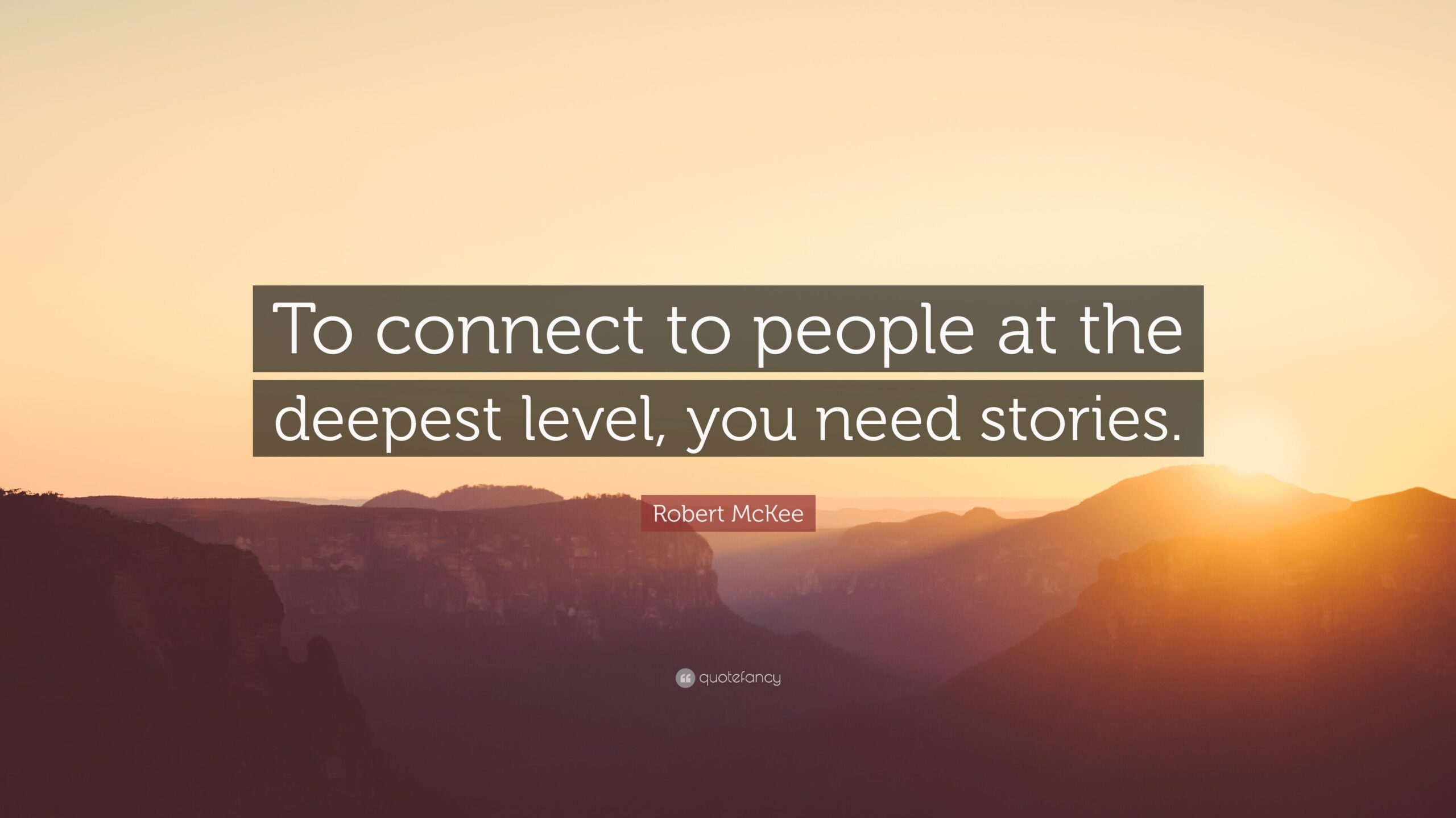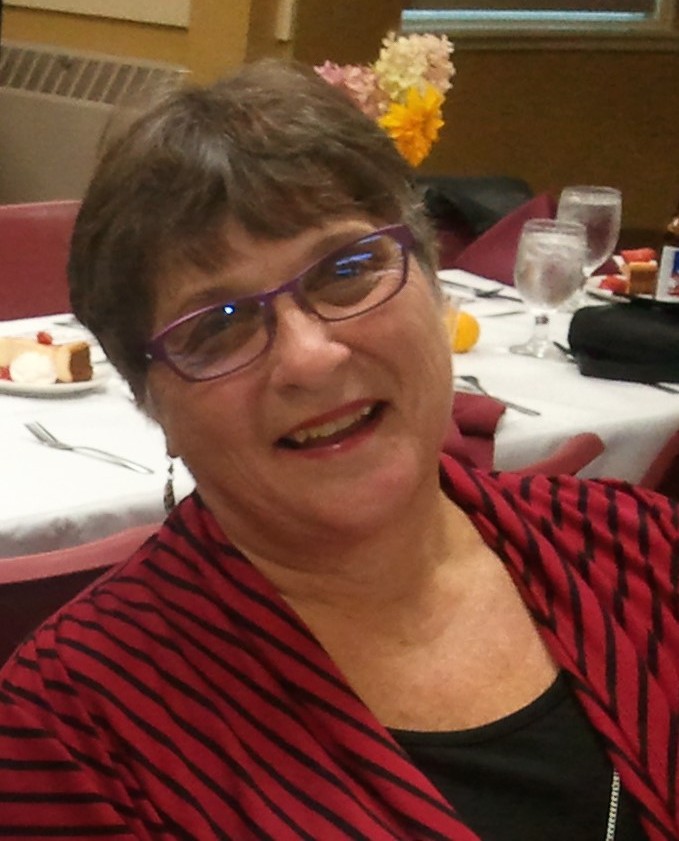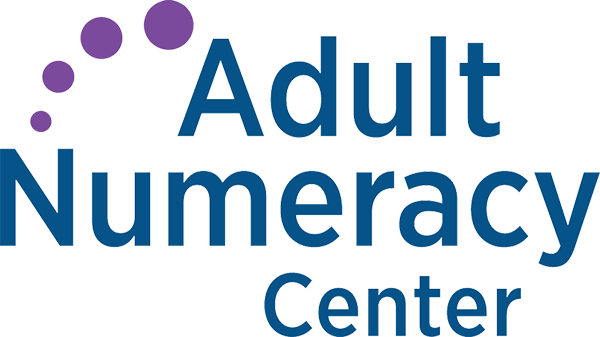Our Math Stories
by Pam Meader

In my quest to become more informed on diversity issues, I’ve viewed many webinars and attended many live online discussions. During an MLK celebration, the facilitator I was listening to asked, “Have you ever been othered?” (When you are othered, you are seen as less worthy of dignity and respect.) I reflected on that question and recalled an incident in my life when I had experienced the feeling of being othered.
I had been a high school mathematics teacher when I first got out of college, but later switched careers and became an adult education math teacher. When I went to the certification office to inquire about my continuing K-12 certification, I was told that I was no longer teaching since I was in adult education. I remember that person saying, “You know what I mean.” I left thinking “No, I don’t,” because I was teaching. In fact, I was teaching the same math topics I always had but it’s just that my students were older. Yet, I had just been told I was no longer a teacher! I was in shock. The powers that be had decided that I was no longer allowed to claim a core part of my own identity. This pronouncement also made me ineligible for professional development funding in my district, which could only be used by K-12 teachers. I had been othered.
Many of our BIPOC (Black, indigenous, and people of color) students constantly feel othered with far more hurtful incidents and repercussions than what I had encountered. In my case, my white privilege had allowed me to correct the wrongs I encountered. I worked with other colleagues to establish adult education certification. I argued with my district that I taught K-12 mathematics even though my students were older and was eventually allowed to take the professional development. Our BIPOC students, however, have been othered for so long that they may feel discouraged and disillusioned about their ability to shape their circumstances.
The COVID-19 pandemic has brought to light many educational inequities which, now revealed, can be addressed by a commitment to diversity, equity, and inclusion. We have much work to address the otherness our BIPOC students experience and many of us may wonder where and how to begin. One starting point to consider is storytelling in the math classroom.
In a webinar entitled Math Storytelling: Our Innate Wisdom and Wholeness, facilitator Sunil Singh, author of Chasing Rabbits: A Curious Guide to a Lifetime of Mathematical Wellness suggested that we have thousands of stories to tell from over thousands of years and that includes mathematics. Singh suggested that math teachers share their math journey with their students and then have their students do the same. He feels storytelling solves two problems: promoting equity and incorporating authentic historical ideas into instruction. By combining teachers stories, students stories, and the story of mathematics we could begin to address the feeling of being othered.
In the coming months, the SABES Mathematics and Adult Numeracy Center will be presenting a webinar entitled Celebrating the Diversity of Mathematical Minds, during which we will explore a bit of the endless realm of mathematical contributions from people of all races and ethnicities. Some of these brilliant math and science thinkers also experienced being othered simply because of the color of their skin, their ethnicity, or their sex. During the event, a teacher will share how stories of some of these influential thinkers and a related class research assignment affected her students and herself. Register for this free event here.

Pam Meader, a former high school math teacher, has taught math in adult education for over 25 years. She is a senior professional development specialist for TERC’s Adult Numeracy Center. Most recently, she helped co-develop Adults Reaching Algebra Readiness (AR)2 with Donna Curry. She is a national trainer for LINCS and Adult Numeracy Instruction (ANI). Pam enjoys sharing techniques for teaching math conceptually, from basic math through algebra, and is co-author of the Hands On Math series for Walch Publishing in Portland, Maine.
